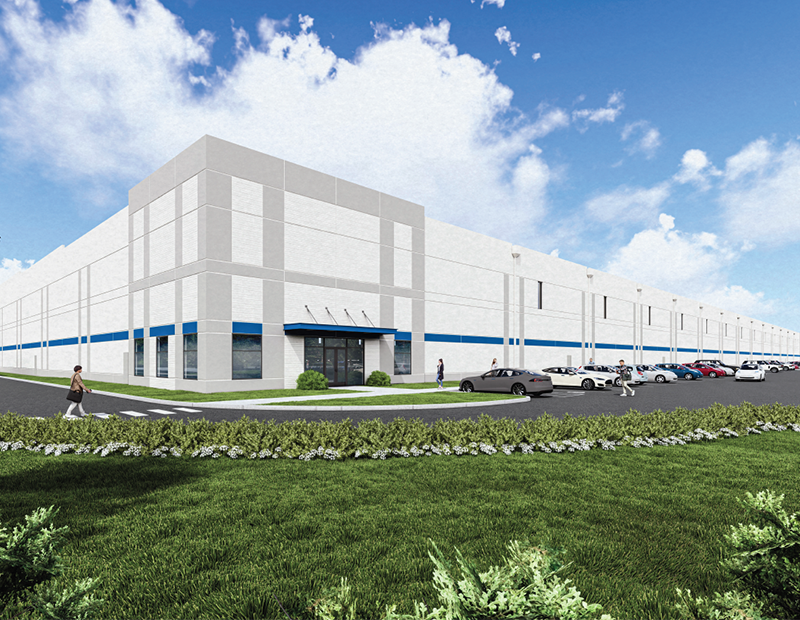The Seattle City Council rejected a bid to possibly allow developer “impact fees” to fund the city’s transportation system Tuesday, amid concerns the policy was not fully baked and that enacting them could drive up the cost of housing.
The tally was 5-4.
A vote in favor would not have put the fees into place, but would have cleared a major hurdle for future councils to consider them. The fees are not currently allowed under Seattle’s comprehensive plan, which guides the city’s growth. The plan would need to be amended before a future council could take up actual legislation.
The vote was a controversial one that came about only after some late political wrangling. It looked like it would be pushed into next year. But departing Councilmembers Alex Pedersen and Lisa Herbold bypassed the council’s Land Use Committee to get one on the books before the end of 2023.
Backers of the fees say they offer an alternative to ever-increasing property taxes and shift some of the burden onto developers.
“We all want more housing,” said Pedersen, the biggest supporter. “Property taxes are also a cost of housing for multifamily housing and for seniors on fixed income.”
Opponents, meanwhile, argue the added cost would further increase the price of housing and could dampen development amid a citywide housing shortage.
What ultimately sunk the fees Tuesday were concerns that more work remained to be done that could not be accomplished in such a short period of time. For example, a list of transportation projects the fees might fund is years out of date and needs to be updated.
Councilmember Dan Strauss, one of three council members returning next year, said that list and a proposal to set rates should be considered alongside the amendment. For him to support the change, “we’d want to update the project list and we would want to create a draft or final rate ordinance,” he said.
So-called impact fees are commonly used in Washington state. Around 80 cities and counties use them, including large cities such as Spokane, Vancouver, Bellingham and Olympia.
Seattle has considered enacting them since 2014, convening a workgroup and authoring a list of transportation projects they could fund, including a rapid bus line on Madison Street.
Based on the range of fees across Washington, Seattle could raise between $200 million and $750 million over 10 years through their use. However, some of those assumptions are based on past development patterns and permits for new housing in the city are at their lowest level since at least 2018.
According to a study commissioned by the city, if Seattle adopted the maximum rate, it likely would add just over $7,000 per new apartment unit. A 400-unit mid-rise apartment development, therefore, would absorb just under $3 million in new costs.
The city would likely consider lower rates, however, as well as exemptions for affordable housing or other facilities.
The Seattle property tax levy for transportation, approved by voters in 2015, expires at the end of 2024 and the next council will consider what a replacement might look like.
Impact fees are now less likely to be part of that discussion: The city’s comprehensive plan may only be amended twice a year.
















